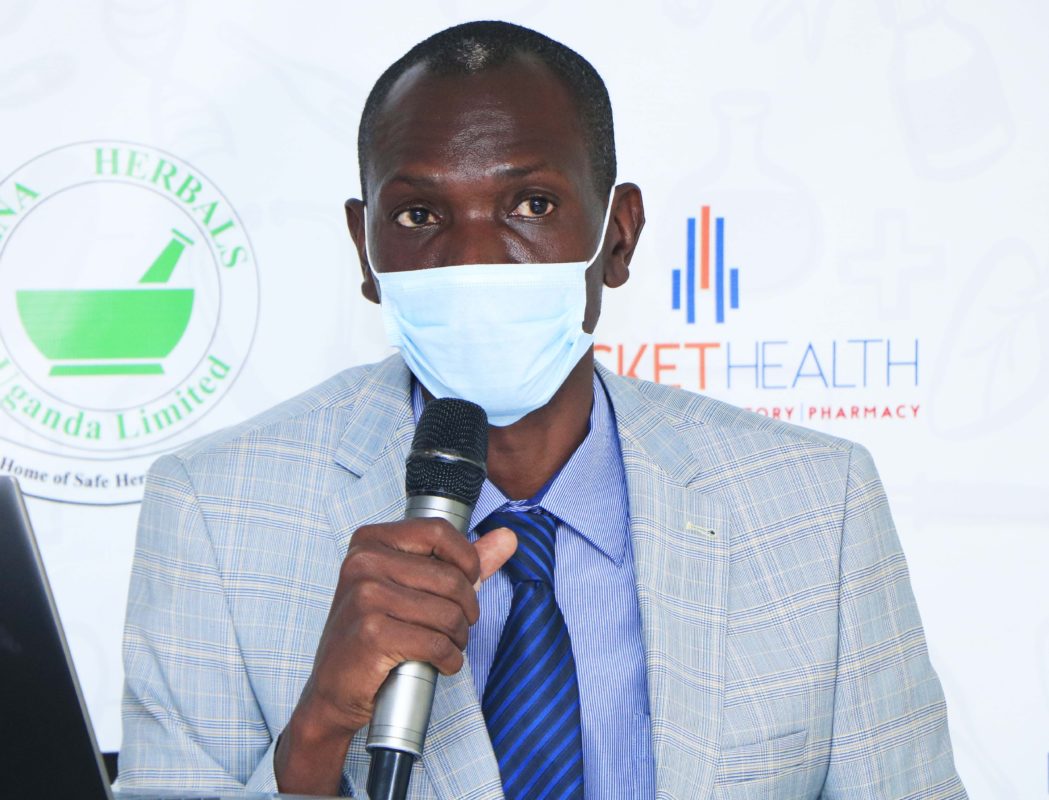The Ugandan government has bumped up its investments in science, a sector that has long been among the most poorly funded in the country, in a bid to boost economic growth.
Investments have included the establishment of regional science parks, technology incubation hubs and a US$140 million scientific research and innovation fund. The country is also looking to pay its scientists more to stop the brain drain that occurs when highly educated people leave in search of better opportunities.
Salary Explorer, a salary comparison and career resources website, indicates that a Ugandan scientist typically earns around sh5.55 million [US$1,549] per month. President Yoweri Museveni recently proposed raising the monthly salaries of government scientists to sh4million [US$1,126] when they join public service, while top scientists in the country’s premier research institutions would earn sh15 million [US$4,222].
Uganda’s investments in its science sector are already paying off. Two Ugandan researchers working under the auspices of the Presidential Scientific Initiative on Epidemics — Prof. Patrick Ogwang, a member of the Pharmaceutical Society of Uganda who has in the past carried out groundbreaking research on anti-malaria and sickle cell remedies for Africa, and Dr. Alice Lamwaka, a Gulu University lecturer — have developed two herbal therapeutics that treat COVID-19.
The therapeutics, which go by the trade names Covidex and Covilyce, have been approved by Uganda’s National Drug Authority. They’re sparking interest in Kenya and Tanzania, as well as among Ugandans, many of whom are yet to be vaccinated against COVID.

Just 1.16 million people in Uganda, an East African country of 45 million, have gotten the vaccine, which is in short supply in much of Africa. That accounts for just 2.2 percent of Uganda’s population, according to the latest Africa CDC statistics. Still, that’s higher than the 1.75 percent of the continent’s population considered fully vaccinated.
“The recent lifting of the 42-day lockdown was partly attributable to a fall in cases, but the country is not yet out of the woods. Increased vaccinations are the way to go,” said Dr. Misaki Wayengera, one of Uganda’s leading health experts.
In recent months, prominent Africans such as South Africa President Cyril Ramaphosa, Rwanda President Paul Kagame, World Trade Organization Director General Ngozi Okonjo Lweala, Africa Centres for Disease Control and Prevention (Africa CDC) Director Dr. John Nkengasong, WHO Director-General Dr. Tedros Adhanom Ghebreyesu, Kenya President Uhuru Kenyatta and Uganda President Yoweri Museveni have all blamed the continent’s low vaccination rate on the vaccine nationalism practiced by developed nations. Museveni noted that Africa’s scientists are taking a homegrown approach to bridge the gap.
“Our scientists have been working on therapeutics and also on a vaccine,” Museveni said. “On the vaccine front, we are moving very well, only that we were delayed with the perception that Africa is not supposed to manufacture vaccines. With the vaccine, we have got to phase four out of nine phases. We hope to get to stage eight by November 2021.”
Though Uganda’s science community welcomed the investments and proposed salary hikes, they said it fails to address two key areas: agriculture and biotechnology.
“The resolve augurs well for the country’s sciences sector but this government’s goodwill should also extend to the agriculture sciences sector,” said Joshua Opita, an agricultural and livelihoods expert. “It is about time the country reconciles itself to agri-biotechnology, like Kenya and many other African countries have. It is time to make haste on the passing into law of the National Biotechnology and Biosafety Bill, as the outgoing speaker of the country’s parliament suggested earlier this year.”
Though Museveni has expressed rhetorical support for agricultural biotechnology, he has never taken the steps that would turn bills passed by Parliament into law.
Earlier this year, while launching an Agro Genetic Technologies laboratory in Mukono, a district in Central Uganda, Parliamentary Speaker Rebecca Kadaga reportedly said she would again push to have the National Biotechnology and Biosafety Bill passed into law.
“People keep saying they do not want biotechnology in agriculture and yet the vaccines being administered to us are a result of biotechnological science,” Kadaga said.
Opita said he is hopeful that the bill will get passed even if Kadaga does not continue as speaker.
“The application of biotechnology in agriculture will result in many benefits to the country’s farming sector,” he said. “Agri-biotechnology will offer great potential for sustainable smallholder farm production, not only in Uganda but across the region. It will also offer great potential to enhance the country’s food quality and safety and to lower food costs, especially in tough times like these.”
Though Uganda is now putting money behind its pledge to support its scientists to further research and product development and has earmarked sh358 billion [US$100 million] in its 2021/22 budget, the African continent as a whole lags in funding science.
A recent article in The Conversation, an independent source of news and views from the academic and research community, reported that Africa’s research and development funding was only 0.42 percent of GDP in 2019, compared to the global average of 1.7 percent. No country in Africa is spending even 1 percent of its gross domestic product on research and development, according to a recent UNESCO science report.
In the East African region, Kenya has been outspending its neighbors, making significant strides as a major research hub. According to the Conversation article, Kenya invests about 0.8 percent of its GDP in research and development. Its president recently announced Kenya is committed to investing up to 2 percent of its annual national budget in research and innovation.
Image: A Ugandan scientist works in a laboratory at the Uganda Virus Research Institute. Photo: Richard Wetaya
